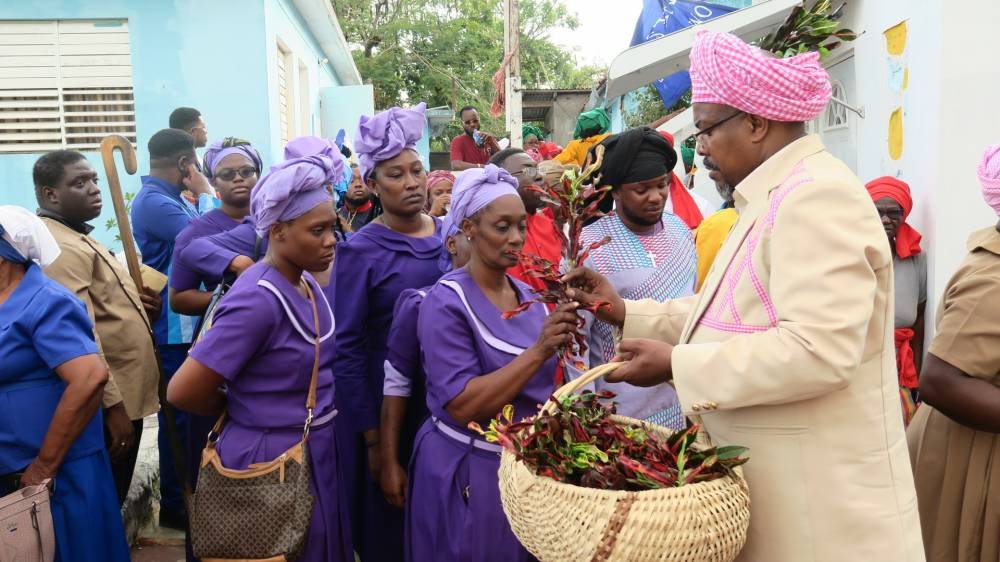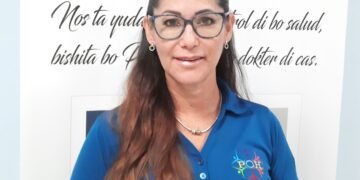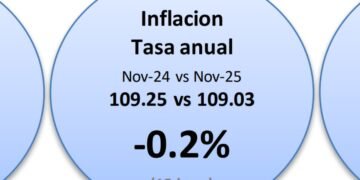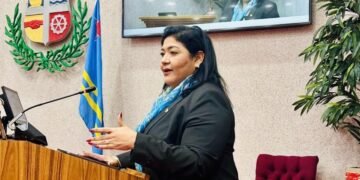In an effort to strengthen regional collaboration, 62 participants from 16 Caribbean Small Island Developing States (SIDS) and territories gathered virtually on June 12, 2025, for an experience-exchange meeting. The meeting aimed to deepen cooperation, share lessons learned, and explore strategies for preparing nomination files for the Representative List under UNESCO’s 2003 Convention for the Safeguarding of the Intangible Cultural Heritage.
The participants represented a diverse group of Caribbean countries, including Antigua and Barbuda, the Bahamas, Barbados, Belize, Cuba, Dominica, the Dominican Republic, Grenada, Guyana, Haiti, Jamaica, Saint Kitts and Nevis, Saint Lucia, Saint Vincent and the Grenadines, Suriname, Trinidad and Tobago, as well as territories like Aruba, Curaçao, Sint Maarten (Kingdom of the Netherlands), the British Virgin Islands, Montserrat, Anguilla, and the Cayman Islands (United Kingdom).
Building on the foundation of an initial capacity-building training held in September 2023, the online meeting served as a platform for exchanging information on nomination plans and priorities. Participants discussed recent experiences in preparing nominations and the challenges faced, focusing on three key successful nominations:
- Traditional knowledge and practices for the making and consumption of cassava bread
- Pilgrimage to Watt Town
- Shakespeare Mas, a traditional component of Carriacou’s annual carnival.
The discussions covered practical considerations for nomination preparation, such as coordinating multinational files, ensuring community participation and informed consent, and drafting nomination forms. A participant from Carriacou emphasized that being inscribed on the UNESCO List is just the beginning and that continued collaboration beyond inscription is crucial for the sustainable safeguarding of living heritage.
Another participant from Haiti, involved in the nomination of cassava bread, noted the value of regional dialogue fostered through joint efforts, stating that multinational inscriptions promote communication between different peoples. The participant from Cuba underlined the importance of cohesion and organization during the nomination process to ensure success.
The session also provided an overview of the UNESCO listing mechanisms and highlighted opportunities for international cooperation and the exchange of good safeguarding practices. These discussions contribute to UNESCO’s action for SIDS, particularly reinforcing national capacities and regional cooperation in safeguarding living heritage.
The initiative, organized by the UNESCO Office in Havana in cooperation with the 2003 Convention Secretariat, and supported by UNESCO Offices in Port-au-Prince and Kingston, is part of ongoing efforts to support SIDS in the Caribbean and promote their intangible cultural heritage on the global stage.
For more information on the project Strengthening capacities for preparing nomination files for the Lists of the 2003 Convention in Small Island Developing States (SIDS) in the Caribbean, visit the UNESCO website.
























Discussion about this post